 Same-sex marriage supporters were left disappointed as they watched the verdict being broadcast live at the Humsafar Trust office in Mumbai. Photo: Shutterstock/Divyakant Solanki
Same-sex marriage supporters were left disappointed as they watched the verdict being broadcast live at the Humsafar Trust office in Mumbai. Photo: Shutterstock/Divyakant Solanki
India's Supreme Court has refused to legalize same-sex marriage, sending the decision back to Parliament, in a blow to LGBT activists across the country.
The order passed by a five-judge panel on Tuesday The world's most populous country comes five years after the Supreme Court overturned a colonial-era ban on gay sex.
“This court cannot make laws. He can only interpret it and give effect to it,” Chief Justice DY Chandrachud said, reiterating that Parliament must decide whether it can expand marriage laws to include same-sex unions.
There was no solution. The government immediately responded to the court's decision, but Prime Minister Narendra Modi's nationalist Bharatiya Janata Party (BJP) administration opposed filing court petitions on the issue.
He argued that same-sex marriage «is not comparable to the concept of Indian family consisting of husband, wife and children» and that Parliament is the appropriate forum for deciding a controversial issue.
India would be only the second country in Asia to recognize same-sex marriage if it did so, after Taiwan took the step in 2019.
Judge Chandrachud said there was some «agreement and some degree disagreement over how far we still have to go» on same-sex marriage, adding that four of the five judges made separate decisions, reflecting the complexity of the case.
But he rejected the government's argument that being gay this is “city or elite.”
 India would be only the second country. Asia legalizes same-sex marriage Photo: Reuters/Anushree Fadnavis
India would be only the second country. Asia legalizes same-sex marriage Photo: Reuters/Anushree Fadnavis
Karuna Nandi, one of the lawyers representing the petitioners, said: “Today there are queer couples who are already families and in relationships and are pillars of society.
“It is deeply disappointing that they are not afforded the dignity and rights they are entitled to.”
LGBTQ legal rights+ the number of people in India has increased over the last decade, mainly due to the intervention of the Supreme Court.
In 2018, the Supreme Court struck down a colonial-era law that made gay sex punishable by up to 10 years in prison and expanded constitutional rights for the gay community.
The decision was hailed as a historic victory for LGBTQ people.+ right, with one judge saying it would “open the way to a better future.”
However, despite this progress, the Modi government has repeatedly resisted legal recognition of same-sex marriage. Religious groups also oppose same-sex unions, saying they are against Indian culture.
In Tuesday's verdict, Chief Justice Chandrachud and Sanjay Kishan Kaul, the second-most senior judge on the bench, said it was the government's responsibility is to ensure LGBTQ+ people have a “bouquet of rights and privileges” that are available to heterosexual couples. But Justice Bhat disagreed, saying «the state cannot be obliged» to do so.
The chief justice also rejected the government's claim that homosexuality was an «urban» concept, saying it was not simply an «English» concept. a talking man» or a «white collar worker» who may claim to be gay, but equally a «woman doing farm work in the village.»
Changing attitudes towards same-sex marriage
But overall, all five judges failed to grant legal recognition to same-sex unions. Instead, the court accepted the government's proposal to create a special commission that would study the issue of providing social and legal benefits to same-sex couples, such as joint bank accounts from which they are currently prohibited.
Homosexuality has long been a stigma in Indian society, although there has been a shift in attitudes towards same-sex couples in recent years.
India now has openly gay celebrities, and some high-profile Bollywood films have addressed the issue. gay issues.
Acceptance of homosexuality in India rose 22 percentage points to 37 percent between 2013 and 2019, according to a Pew survey.
Same-sex couples, however, often face harassment. in many Indian communities, be it Hindu, Muslim or Christian.
It is estimated that there are at least 2.5 million LGBTQ people in India+ people, according to government data for 2012. However, gay rights activists and global estimates estimate they make up at least 10 percent of the population, or more than 135 million.


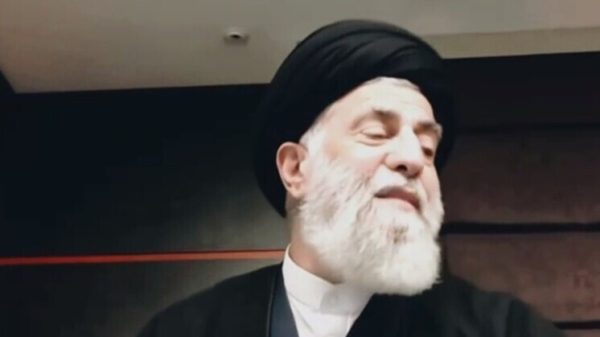






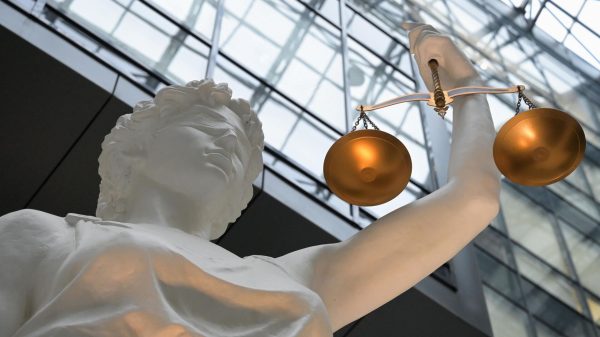
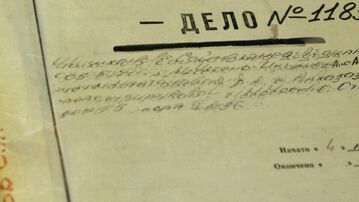
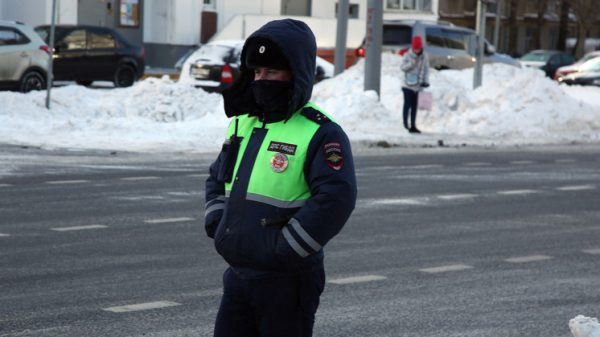
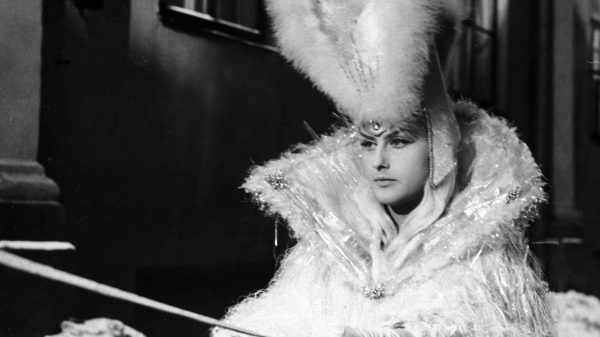
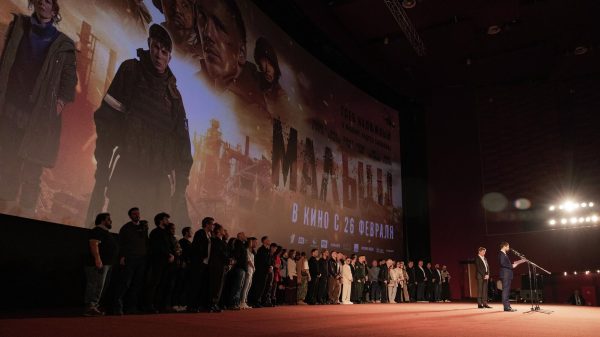



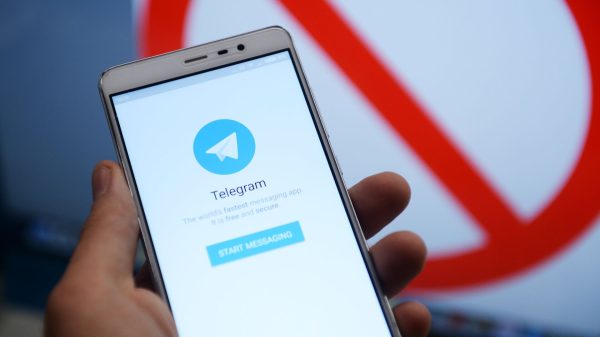
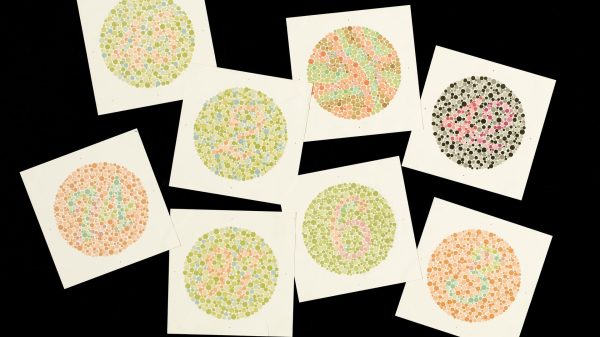
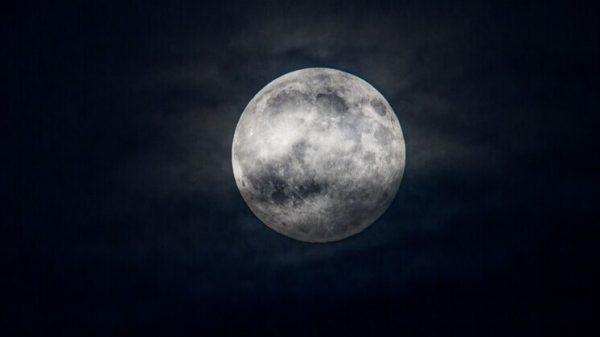

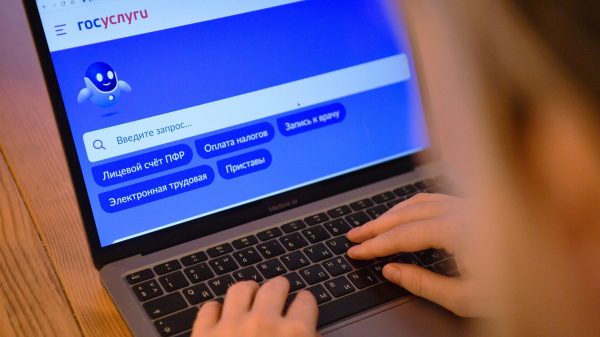
































Свежие комментарии